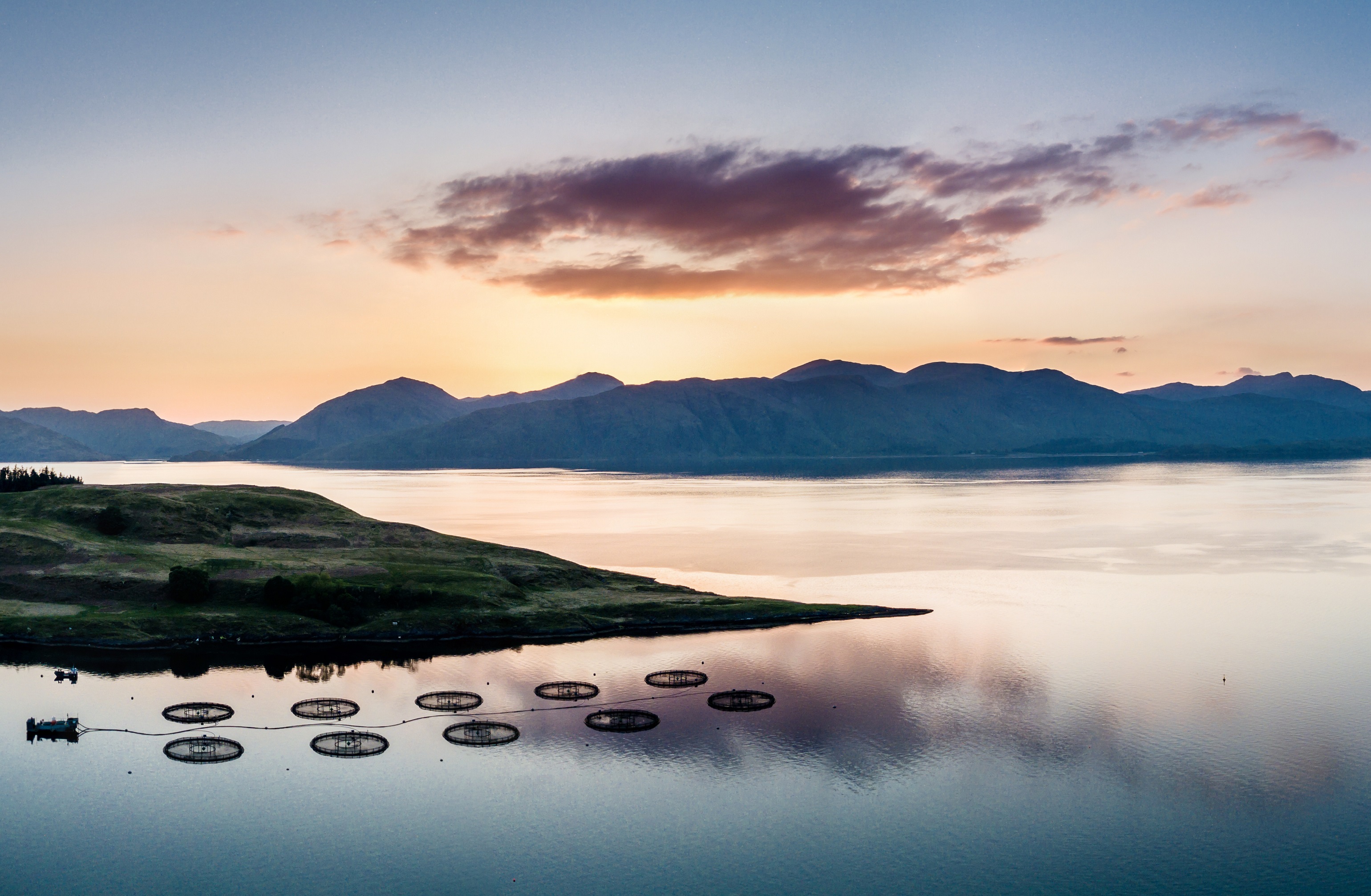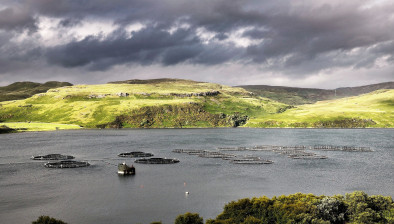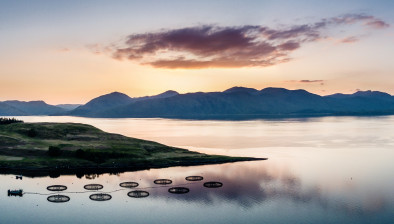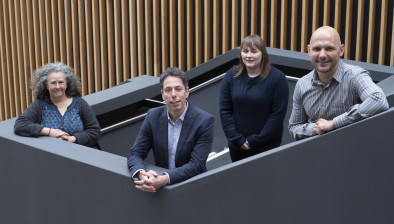SAIC to deliver £300,000 funding boost for aquaculture research in 2024

The Sustainable Aquaculture Innovation Centre (SAIC) has announced it will support further research into fish health and wellbeing initiatives in 2024, with seven successful projects set to benefit from its most recent funding call.
With a combined total value of more than £860,000, the funded research and development (R&D) projects have secured over £300,000 from SAIC with additional support being provided by commercial partners. Research will kick off in early January, or before, with each group targeting a summer completion date.
Included among the successful initiatives are projects focused on gill health in Atlantic salmon, parasite management, cleaner fish health and welfare, and managing or preventing disease through immunisation and vaccinations. A number of the projects selected for funding are extensions of previous research supported by SAIC, with teams applying for a funding boost to take concepts to the next stage.
The innovation centre’s team of experts as well as its Independent Scientific Panel assessed the seven applications, and all were found to match the criteria for its defined priorities around finfish health and welfare.
Earlier this year, SAIC announced it had reached the milestone of 100 funded aquaculture innovation projects, with the combined value of the work to date reaching nearly £71 million and involving 92 project partners from academia and the sector.
Heather Jones, CEO of SAIC, said: “Continued improvements in finfish health will underpin the sector’s sustainable future, make a big difference to the survivability and wellbeing of fish, and help seafood producers to provide a nutritious protein source that will feed generations to come.
“We are pleased to be supporting further collaboration that could see a range of research concepts translated into a commercial reality.
“Scotland has a great deal of expertise and experience in aquaculture and in connecting those with our world-class research institutions, we can make positive changes to ways of working across the sector that can pave the way for a more environmentally friendly and economically impactful future for finfish farming.”









